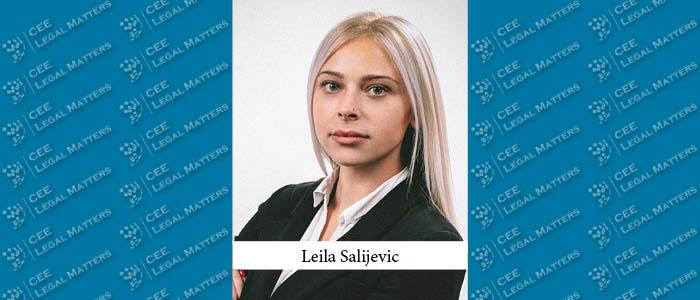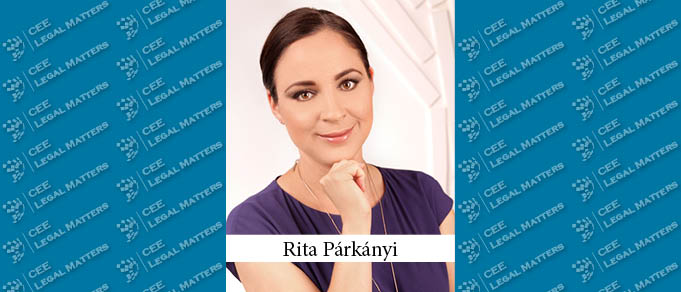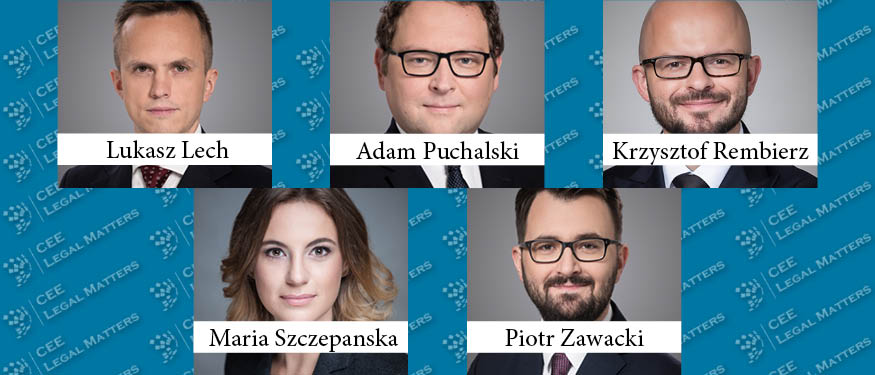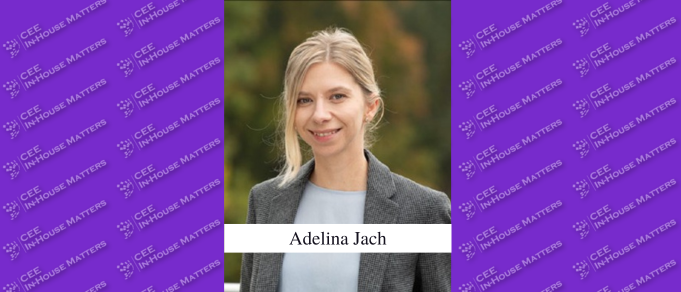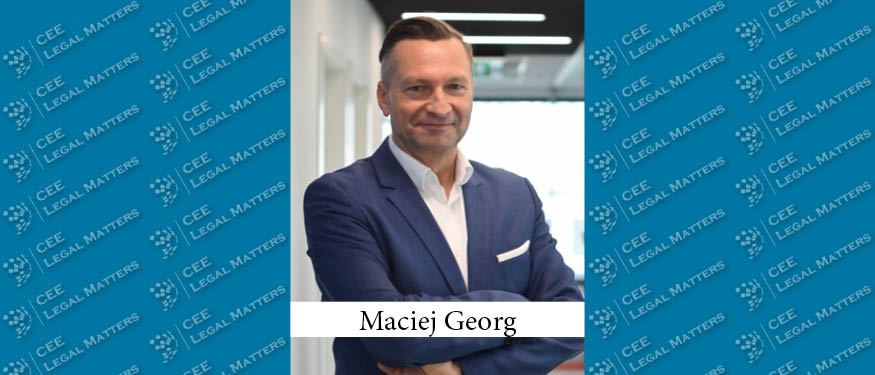The Slovak Republic’s amendment to the Whistleblowers Protection Act widens the scope of protection, shortens deadlines, and increases fines for non-compliance. Most provisions took effect on July 1, 2023, with some coming in on September 1, 2023.
Croatia: Garden Leave – When Timing Is of the Essence
Terminating an employee is a critical juncture for employers, fraught with potential risks and complications. Such a move can disrupt workflow and productivity, casting a shadow on workplace morale and organizational stability. Additionally, it opens the door to legal disputes, with terminations often seen as unfair or discriminatory, resulting in costly litigation.
Serbia: Contractual Penalty in Labor Law
In the Serbian market, contractual penalties are often included in employment contracts since this is concrete and efficient protection for the employer in case of a breach of certain contractual obligations by employees. On a general note, a contractual penalty is a fixed monetary receivable that can be claimed in case of a breach of contractual obligations by one party, without having to prove the actual amount in damages. However, in the area of labor law, there is still uncertainty when it comes to the validity of such clauses and their enforceability in case of disputes.
Ukraine: Ensuring Employees’ Safety During Air Strikes
Considering the ongoing martial law in Ukraine and frequent air strikes in various parts of the country, more and more employers are becoming concerned about whether they should adopt measures to protect their personnel or provide shelter, and what the liability if these obligations are not fulfilled would be.
Bosnia and Herzegovina: Signing of Management Contracts in Practice
The need for management contracts arises when an employer needs to arrange for a relationship beyond that of one with a simple employee – one with an individual performing managerial or supervisory tasks. Therefore, the relevant labor laws (in the Federation of Bosnia & Herzegovina, Republika Srpska, and Brcko District of Bosnia & Herzegovina) introduce management contracts that offer an alternative for the employer to conclude an agreement with a manager without establishing actual employment. The aim is for a more flexible arrangement of said business relationship or established employment which is absolutely subject to the provisions of the relevant labor laws.
North Macedonia: Adapting to Economic Challenges – Exploring Remote Work and Cost-Cutting Strategies
In recent times, the global economic landscape has raised concerns about the potential onset of a recession. Consequently, businesses operating in North Macedonia are proactively seeking strategies for cost reduction and organizational restructuring.
Gotta catch 'em all: Extending the Scope of the Romanian FDI Screening Regime to EU Investors and Below-Control Acquisitions
A little over one year since Romania’s new foreign direct investment (“FDI”) screening regime became fully operational, the Romanian government passed an emergency ordinance meant to further clarify particular aspects under the law (such as the scope of the screening regime, which is further extended) or to translate into law the lessons learnt or the authorities’ reading of the rules since applying the new FDI law.
NEURC Makes Next Step in Introducing Aggregation in Ukrainian Energy Market
On 18 October 2023, the National Energy and Utilities Regulatory Commission (“NEURC”) adopted the Licensing Terms for Aggregation in the Electricity Market under Resolution No. 1909 (“Resolution”).
Electronic Company Registration in the Republic of Serbia: A Contemporary Approach to Business
In line with European efforts to create a competitive, innovative, and efficient business environment, electronic company registration has become a significant part of reforms in the field of company law. The branch of law related to business stands out as one of the most prominent examples of the impact of digitization on the law and its continuous evolution.
Cybersecurity News
In January 2023, a new directive on measures to ensure a high common level of cybersecurity in the Union (the "NIS 2 Directive") entered into force, and is to be transposed by 17 October 2024.
Hungary is to Ratify the Modernization of Personal Data Processing Convention
On 19 October 2023, Ambassador Harry Alex Rusz, Permanent Representative of Hungary to the Council of Europe deposited the instrument of ratification of the Amending Protocol to the Convention for the Protection of Individuals with regard to the Processing of Personal Data.
Incentives for Improvement of Energy Efficiency and Energy Improvement/Rehabilitation from Individual Perspective
In light of the latest amendments to the Law on Spatial Planning and Construction, which put the topic of energy efficiency and energy features of the building in the spotlight, it would be interesting to remind ourselves of the already existing legal in regard to energy efficiency improvement in Serbia, and above all, what laws and especially bylaws at the local level offer and provide to housing communities – buildings (in srb. – stambena zajednica) and individuals and in which manner they may obtain financial support in case that they intend to carry out certain measures/works that improve the energy efficiency of the building, i.e. apartment.
The 2023 Hollywood Strike: Labor, Scripts and the AI Showdown
A historic labor strike unfolded in 2023’s ever-evolving Hollywood scene, resembling a gripping drama. On May 2, the Writers Guild of America (WGA) took center stage, unanimously endorsing a strike. This was reminiscent of the industry-shifting 2007–2008 Hollywood strike, marking fifteen years since writers last voiced dissent.
Legislative Amendments Regarding the Activity of Residents of IT Parks
Law no. 77/2016 on information technology parks will be amended. A project in this regard is currently undergoing repeated public consultations ("Project"). The main amendments included in the Project are as follows:
Can Forex Traders Sue the Foreign Platform Service Provider in Hungary?
In a recent case, the Hungarian Supreme Court had to decide whether a Hungarian undergraduate student studying economics and carrying out international forex transactions can be considered as a “consumer” and thus eligible for starting litigation at his residence, in Hungary against the foreign platform service provider?
Update on the Advertising Regulatory Landscape in Ukraine
Amendments to Law of Ukraine “On Advertising” No. 270/96-ВР of 3 July 1996 (the “Advertising Law”) have recently come into force. The amendments update obsolete regulations on advertising in Ukraine, thus ensuring advertising standards correspond to current technological developments.
Amendments to the Montenegrin Law on Corporate Income Tax (CIT Law)
n November 2023 the Government of Montenegro proposed amendments to the CIT Law (Proposal).
New Law on Transformations of Commercial Companies and Cooperatives and New Institute of Spin-off Within the Change of Legal Form by Division
The new law (Act No. 309/2023 Coll.) introduces a new comprehensive regulation of national and cross-border transformations of commercial companies and cooperatives in a special law. Most of the provisions will enter into force on 1 March 2024.





